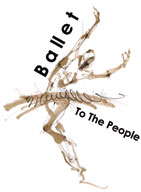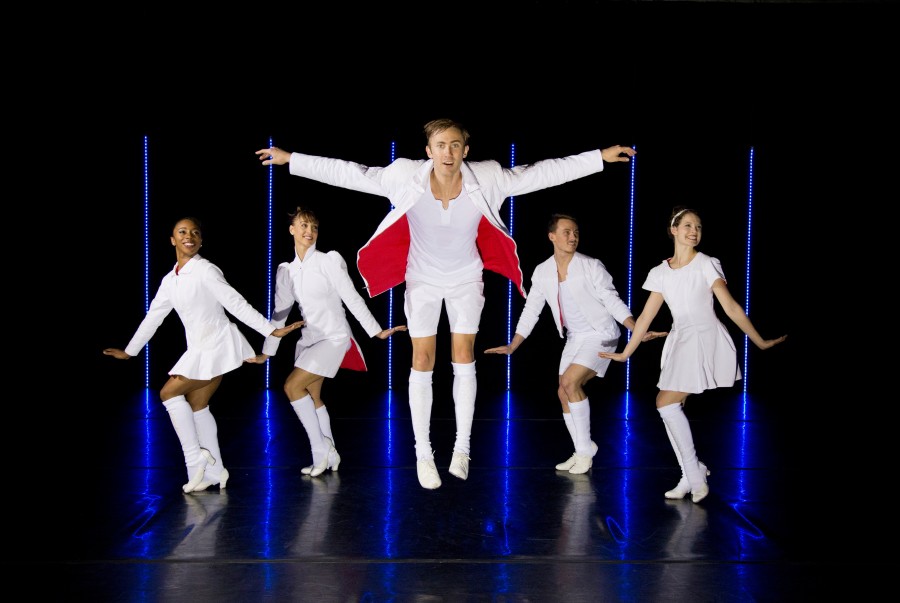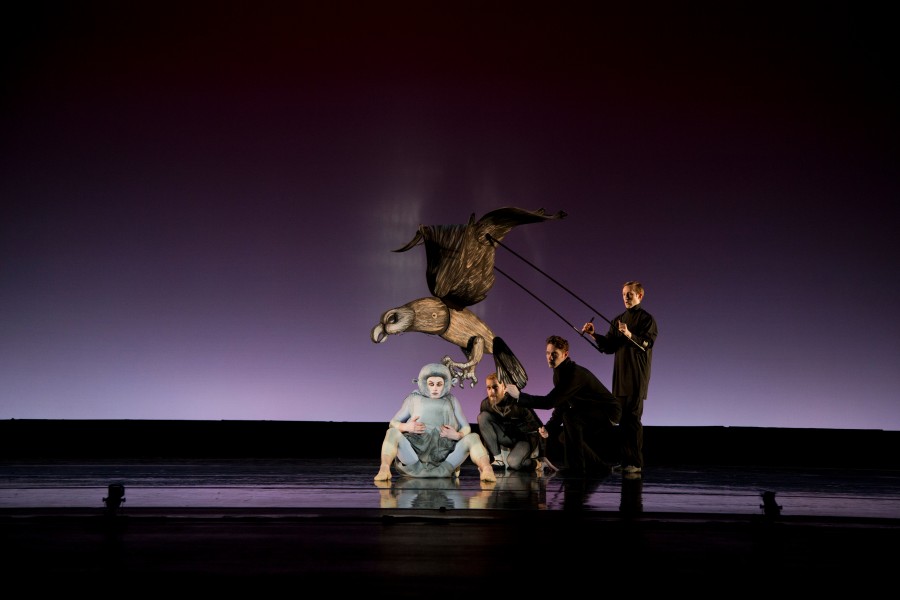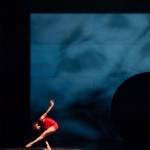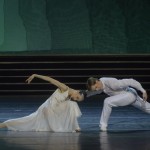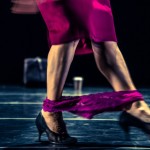Leigh Donlan reports from Zellerbach Hall, Berkeley:
It was a bittersweet evening at Zellerbach Hall on Friday night with the Trey McIntyre Project returning to Cal Performances at Berkeley as part of their farewell tour. The ten-year-old, Boise-based company will be dismantled as McIntyre continues to explore new projects in film, photography and writing. They brought a world première, The Vinegar Works: Four Dances of Moral Instruction, inspired by the work of American illustrator and writer Edward Gorey, set to Shostakovich’s Piano Quintet in G minor; and the West Coast première of Mercury Half-Life, an homage to the life and music of the one and only Freddie Mercury. Very different works, both brilliant.
The larger-than-life puppets created by designer Michael Curry for The Vinegar Works were exquisitely surreal in McIntyre’s depiction of Gorey’s macabre Victorian and Edwardian tales. Comprised of four “dances of moral instruction,” Alan Cumming’s recorded narration tells the abecedarian tale of the untimely deaths of twenty-six children, beginning with The Gashlycrumb Tinies. The ever-present towering puppet of Death was maneuvered about the stage on rollers, his long black gown serving as a tent from under which the different characters emerged. For The Beastly Baby, the tale of a family unable to get rid of a horribly behaved baby, Curry designed an enormous eagle with a ten-foot wingspan who carries the baby off. John Speed Orr was hilarious as the unfortunate child, waddling about in an inflated, padded baby-suit. Obviously, Gorey was not a huge fan of kids; his books are said to be his sarcastic rebellion against the trite view that childhood is sunny and idyllic.
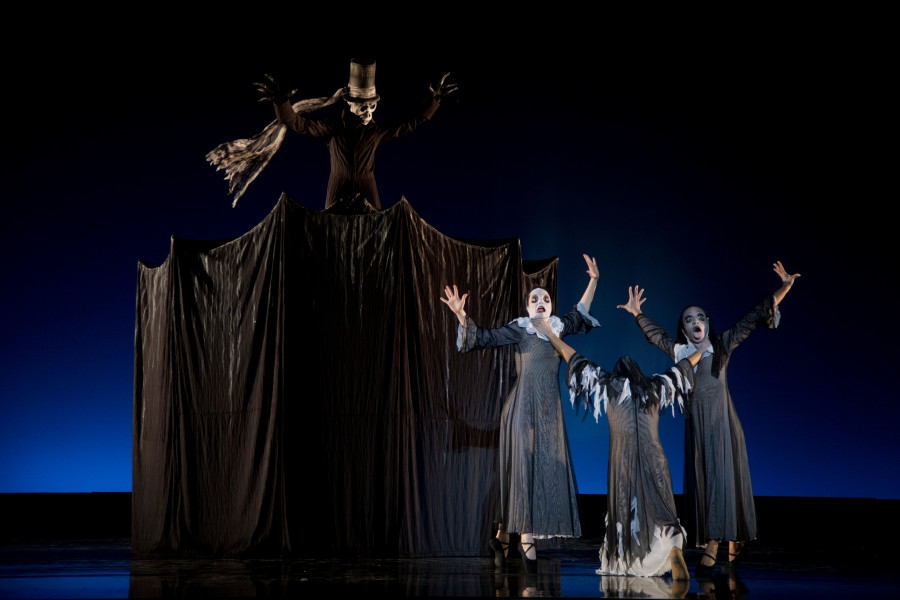
The dancers of TMP in Trey McIntyre’s THE VINEGAR WORKS, inspired by the tales of Edward Gorey (Photo: Trey McIntyre)
The Deranged Cousins showcased the impressive pointe work of Ashley Werhun and Rachel Sherak, two perpetually squabbling cousins, and Travis Walker as the third cousin who alleviates the absurdity with the contents of a flask. The work closed with the most elaborate piece, The Disrespectful Summons, a tale of a woman (Chanel Dasilva) possessed by the devil, who terrorizes her ladies in waiting. It began with what looked like a New Orleans funeral procession, as the dancers moved heavily and glum across the stage with Death. The costumes, designed by Bruce Bui, were magnificent, particularly the massive black and white trench-coats that looked like prison cells, worn by the devil and his henchmen. A puppet of a particularly beloved Gorey character, the penguin from The Doubtful Guest, made an unexpected cameo appearance with the cast as the curtain fell, eliciting confusion and wonder, which Gorey might have appreciated.
While the first half of the program centered around death and theatrics, the second half was all about life and dance. Mercury Half -Life is phenomenal, highlighting the remarkable range of talents in the company of ten, who give their all to the performance, tapping into the everlasting high-energy presence that was Freddie Mercury. McIntyre fused nearly every kind of dance style into this choreography: tap, ballet, hip-hop, be-bop, swing, modern, punk rock, and more. The performance hall was filled with an electric charge, and the audience couldn’t resist rocking in their seats, joining in the stomp-stomp-claps during “We Will Rock You.” Even those who aren’t fans of Queen or rock music will find McIntyre’s powerhouse treatment of the operatic voices and heavily textured music irresistible.
“Bring Back That Leroy Brown” gave us impeccable tap dancing from Brett Perry. “Crazy Little Thing Called Love” delivered a soft innocence via fifties sock-hop, and Travis Walker was moving as a vain but vulnerable stand-in for Freddie Mercury in “Killer Queen.” The work closed with “We Will Rock You,” spotlighting each dancer as they showed off their best moves. We had the sense that they were gifting us with these final precious moments, that we are not likely to see them again, and that we should savor these ephemeral images.
There were so many glorious moments in this evening that I just don’t want to believe that the company is calling it quits at the end of this tour. They will be going out on their highest note, perhaps a wise choice. McIntyre never intended for the company to be permanent, only that he and his dancers evolve. A toast to whatever comes next.
